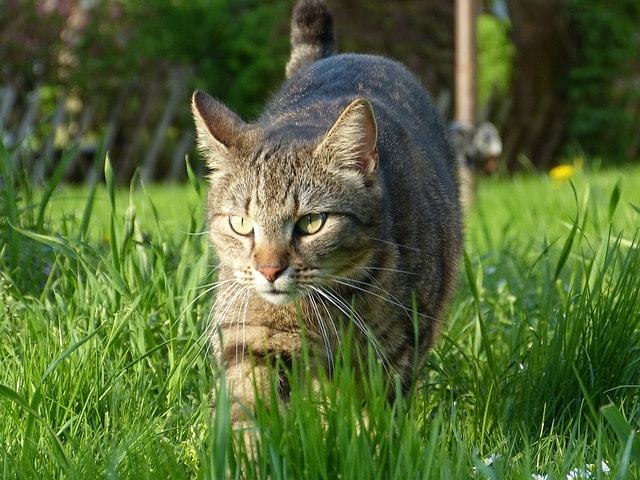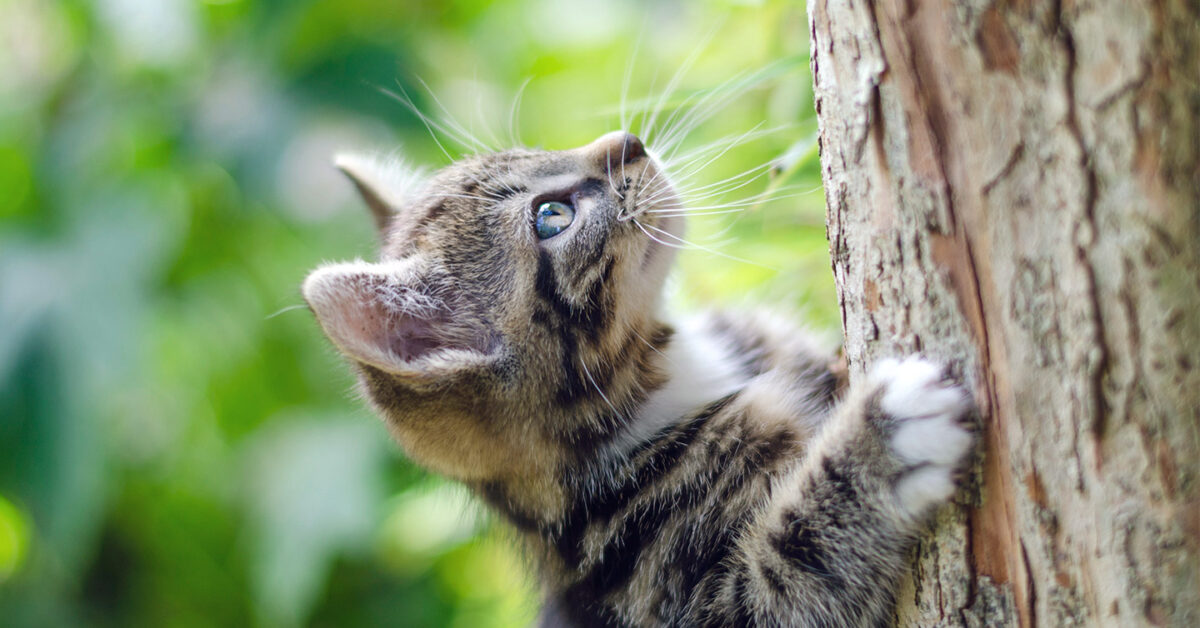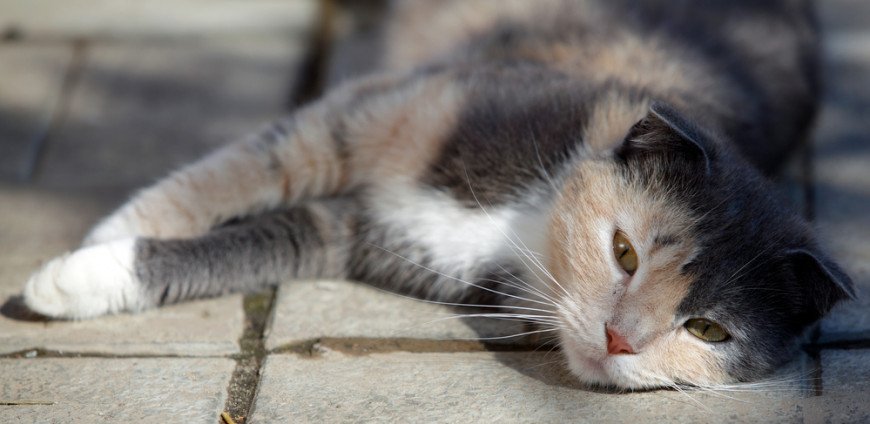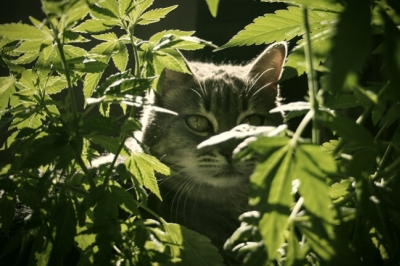Who doesn’t like having a beautiful lawn? To maintain a beautiful-looking garden, we often have to use treatment products such as weed killers. This is all perfectly okay unless you own a pet and in particular, a cat.
A lot of treatments claim to be animal friendly and a few don’t. But even the ones that are apparently animal friendly can cause long-lasting damage to your pet. Sometimes even natural pest control can cause fatal allergies to your pet and so it’s always a good idea to keep an eye out and exercise caution when using such products.
We mentioned cats in particular for a reason. Cats are comparatively much more sensitive beings as opposed to other animals and require extra care because the slightest slip-up can have negative consequences. And another major consideration when it comes to cats is their grooming regime. Cats are obsessive about keeping clean and often spend long durations licking themselves as a form of grooming. Thus anything applied directly to their coat or anything that comes in contact with their fur is ingested as a result of their grooming. So, if your cat so much as walks through a garden sprayed with any chemical or brushes by a treated plant, the chemical will end up consumed into their system if they so much as clean their paws.
Cats are also curious. So if there is a spill from one of the products or if the bottle is lying around, they may simply walk up and try to drink the spill or lick the bottle nozzle out of curiosity. In these cases, curiosity might actually end up killing your cat!
How to ensure my cat’s safety?

The obvious question that comes up is how do I do both? How can I maintain my garden and keep my cat safe? Let’s be honest, you can only be so vigilant but slip-ups are very likely and no one can blame you if it happens.
The good news is that you can manage both. If there is an incident of your cat coming in contact with a weed killer, the most important thing to know is which weed killer has been used. Depending on that your vet will be able to tell you if there is a cause of concern and what treatment to abide by. Not all weed killers are fatal to cats.
Ingredients, symptoms a treatment:

Is glyphosate harmful to cats?
Glyphosate is a common herbicide used. It is available in liquid form but the strength varies. It is relative of low toxicity however it does have possible toxic effects on a cat.
Lethargy and vomiting are the most common symptoms of glyphosate exposure. More serious cases see tremors, diarrhea, and respiratory problems as well as skin irritation. Respiratory problems can be signs of fatal poisoning.
The simplest treatment would be thorough washing of the area that has come in contact with the product. Ingestion of small quantities or a diluted solution will require the mouth to be washed by the vet and oral fluids. If the cat has taken in a lot then a more serious treatment plan will be put into place.
Are herbicides harmful to cats?
Chlorophenoxy derivatives are irritants and signs that your cat has come into contact with this substance include lethargy, vomiting, abdominal discomfort, and salivation. Severe symptoms include blood in the stool, increased weakness, and anorexia, and mouth ulcers.
Supportive treatment will be required in case of contact and there is no fixed antidote. For most of the part, the paws and the fur will need to be thoroughly decontaminated, especially if the contact was minimal. Rehydration treatment might be needed to stop vomiting.
Can I give ferrous sulfate to my cat?

Ferrous Sulphate is mostly used as a moss killer and can be found in the form of the chemical or in the form of lawn feed. Moss and weed killers usually contain a herbicide which is for the weed, a fertilizer which is the feed, and sulfate which is for the moss.
If your cat comes into contact with too much sulfate the chances of toxicity are high as their body doesn’t have a system that can work on eliminating the excess of iron. As a result, your cat will face gastrointestinal problems which can prove to be serious problems. But that is only if your cat has come into contact with large amounts of this product. A walk on treated grass will cause paw irritation and grooming can lead to diarrhea, vomiting, and salivation.
Treatment will require the paws to be washed and rinsed with detergent and if the cat has been vomiting then rehydration will be monitored. It is unlikely that your cat will come into contact with a large amount of this weed killer; however, if they do the vet will take more serious action.
Can I give my cat fatty acids?
Fatty Acids include nonanoic acid, decanoic acid, octanoic acids and are labeled as organic. There aren’t a lot of instances of cats coming into contact with these kinds of weed killers since cats dislike the smell. But if they do, they will develop mouth ulcers, fever, salivation, and anorexia. Skin irritation may occur as a result of prolonged exposure.
If exposed your cat’s paws and fur will be cleaned using a detergent and if there is any contact with the cat’s mouth it may have to be washed out by your vet and pain relief may have to be administered. Too much exposure may lead to feeding treatment.
Conclusion:
Too much or prolonged exposure to weed killers is dangerous to your cat’s health and thus they should be kept away from lawns treated with herbicides. It is always a good idea to schedule treatment and be extra cautious and not let your cat out in the garden on that day.
If you fear your cat has come into contact with a weed killer make sure you take them to the vet at the first instance of symptoms. Knowing what kind of weed killer was used will help with the treatment.
